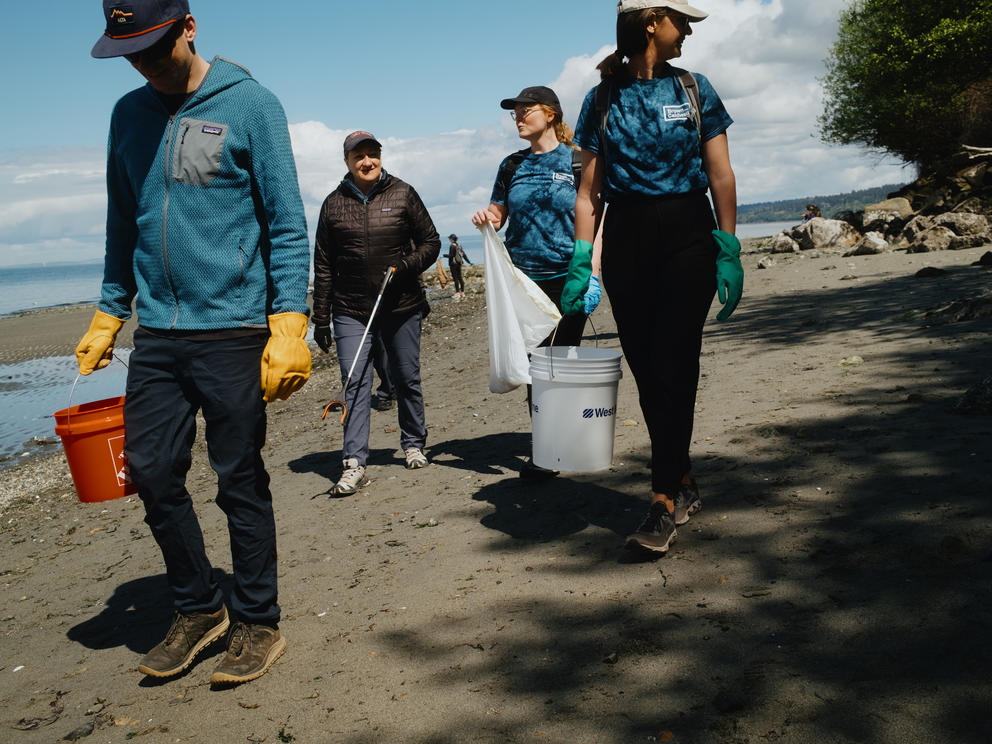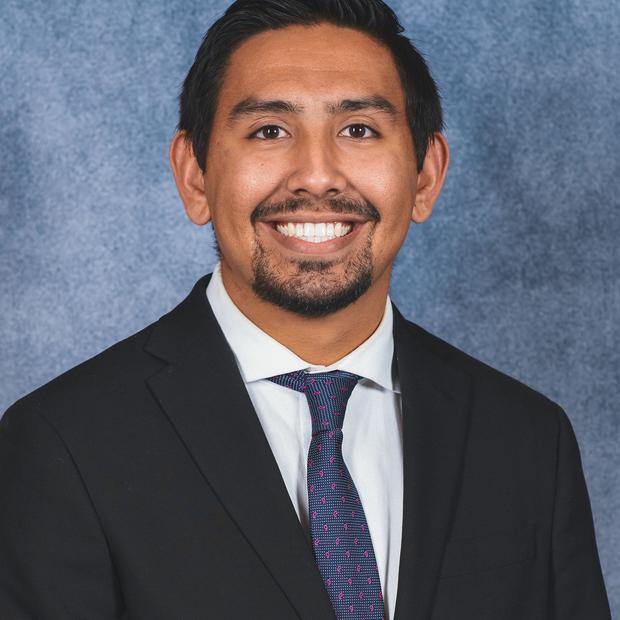“It feels like you’re making a difference … when you clean up a beach. And most of the time, these beaches are places that a lot of people like to go, like Gas Works, Green Lake and Seward Park,” said Diana Haass, who manages communications for the Surfrider chapter in Seattle.
The pollution they’ve found through the years includes foam, bags, straws, butts, microplastics and bottles.
The Pew Trust notes that an estimated 11 million metric tons of plastic waste annually enters the ocean. Without immediate and sustained action, that amount will nearly triple by 2040, to 29 million metric tons per year. That’s the same as dumping 110 pounds (50 kilograms) of plastic on every meter of coastline around the world.
The Seattle Surfrider Foundation is preparing for its Clean & Cruise program, a monthly beach cleanup and an optional social paddle at a different beach from Earth Day through the fall.
Seattle Surfrider Chair Drew Albenze said that volunteers have joined them from all walks of life. “Some of us are surfers, scientists, climate activists, we are all over the board and you don’t need to be a surfer to be a Surfrider,” he said.
Grace Schamber, a freshman at the University of Washington and a frequent volunteer, said her favorite part of the beach cleanup is seeing how much of a difference they make.
“It's impactful to see at the end how much trash we picked up,” she said. “On Earth Day last year, we had only five volunteers total, it was a rainy day, but we still picked up over 300 pounds of trash in just a couple of hours.”
Despite the good cause, the organization sometimes struggles to recruit volunteers and most come and go depending on their schedules. “I think it’s just getting people to continue to be around and to have those numbers so we can make those bigger changes and have a bigger impact,” said Volunteer Coordinator Savanah Cacace. “You know, the more people that come to a beach cleanup, the more garbage you pick up.”
Other organizations coordinating beach cleanups in the Seattle area include the Washington CoastSavers, Puget Soundkeeper Alliance, CleanupSEA and Grassroots Garbage Gang.
Since 1984, The Puget Soundkeeper Alliance has completed more than 1,600 patrols of Puget Sound waterways, won legal action against 170 Clean Water Act violators and removed over 145,000 pounds of trash from the water.
Even with such a long list of accomplishments, they too have found it difficult to keep volunteers around.
“It’s really hard,” said Sean Dixon, executive director of the Alliance. “It depends on people who want to come out and get their hands dirty by picking up garbage weekend after weekend, year after year. Because there's always going to be more garbage to pick up.”
That said, the Puget Soundkeeper Alliance is one of the more active beach cleanup organizations that have worked in the Seattle area, engaging with around 1,000 volunteers total participating in about 100 events per year.
“This year is our 40th anniversary. … We’ve got a lot of people who have grown up going to our cleanups and seeing our name,” Dixon said.
Puget Soundkeeper, similar to Surfrider, is gearing up for its Kayak Cleanup program, which is a weekly kayak paddle, depending on the weather, and beach cleanup on Lake Union.
The Surfrider Foundation, in addition to cleanups, also advocates for alternatives to plastic pollution sources such as replacing single-use plastic bags and straws with reusable or biodegradable options. The Foundation also identified cigarette butts as a significant portion of beach pollution, which led to community programs like Hold Onto Your Butt to address the issue.
For both organizations, these activities are both practical – getting some of the pollution off our beaches – and philosophical – raising awareness of the need to address plastic pollution.
“We must work as one – governments, companies, and consumers alike – to break our addiction to plastics, champion zero waste, and build a truly circular economy,” said Antonio Guterres, secretary-general of the United Nations in a press statement on plastic waste.
Meanwhile, the organizers of the cleanups for the Surfrider Foundation remain hopeful.
“I would say that it’s a pretty low-barrier entry to become a volunteer, just showing up to an event, that’s the first step,” Haass, of Surfrider, said. She would like to see more people get comfortable with having tougher conversations about sustainability and climate change.
“When we have conversations like this that lowers the barrier, where it lowers that scariness and shows people that actions do matter, we can make a difference,” Haass said.
Get daily news in your inbox
This newsletter curates some of the most important headlines of the day from Crosscut and other news outlets.







